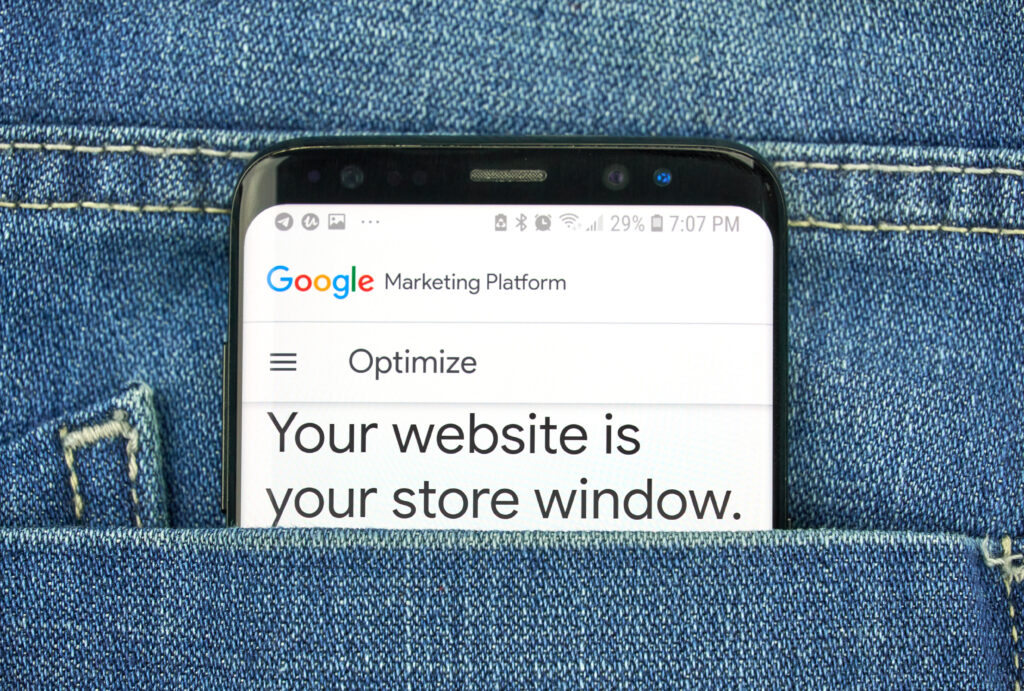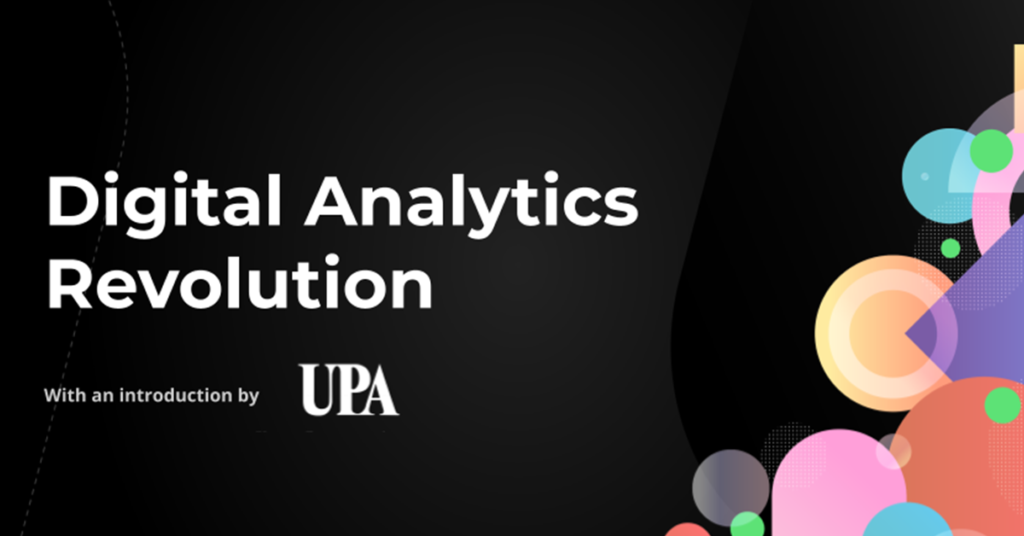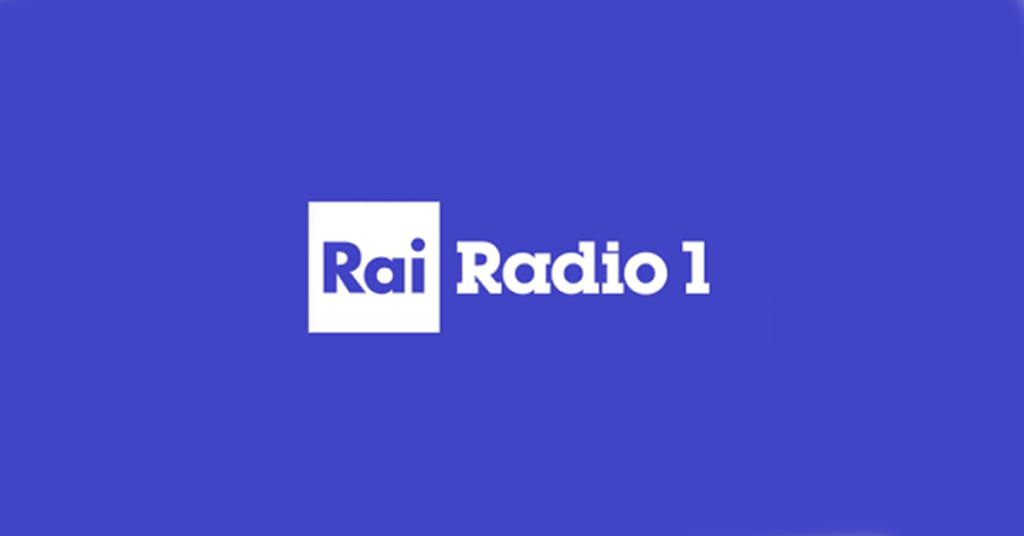- Informational, when a user searches for answers to specific questions and activities.
For example, they could search for “when to plant roses” or “how to install Microsoft Office”, or even “Sales period, 2023” - Transactional, identifiable by the intention of the user to make a specific operation online, from the classic purchase to reserving a table at a restaurant.
In this case, the user may search for a product directly, such as “Nike Air Max 2022”, or perform a more generic search “Hairdressing appointment, Reggio Emilia”. - Navigational, perhaps the most common intent, or the specific answer for a user who wants to go to a certain site, in this case the queries are often simple and direct “Apple”, “Facebook”, etc.
But it’s not always as simple as that. Returning to our initial example, a user who is looking for “eye makeup” may want to find results for brands that sell that type of product or results that suggest, maybe show some example of particularly interesting eye makeup.
In this case, the user’s Search Intent is hybrid, not easily classified in one of the categories seen above, and in fact, the search engine offers answers that go in two different directions: images and ecommerce sites selling make-up products.
The complexity of the searches we all do online varies greatly and often the real intent can be unclear.
Search intent analysis at the SEO level is essential to position your content consistently with what users are looking for; in fact, if what is present on a web page is optimised but doesn’t configure itself as the ideal response for the user, or is not relevant to him, the search engine will not evaluate that content positively for organic positioning in SERP.
And so, classic keyword research becomes insufficient: in fact, it is impossible to manually analyse millions of keywords and classify them correctly according to the research intent of each one, especially when they can be hybrid or multiple.
A collaboration between our SEO and Martech areas has produced a tool that allows you to analyse search keywords from a variety of angles:
- An intrinsic analysis of the search query, from the sentence’s grammatical and semantic point of view. Thanks to Artificial Intelligence algorithms, the presence of questioning adverbs (Where, Who, When, etc…) and recognised entities, such as places, names of persons and authorities (the Pope, Mariah Carey, the Tower of Pisa) can be identified automatically;
- Using a reverse-engineering procedure to analyse the search results returned by Google. To do this, we try to understand what Google offers as answers to user queries, to determine the association made by Google between search and intent.
Let’s consider this more closely: if the first results returned by the search engine for a given query are, for example, blog/Wikipedia, it means that the intent was probably informational; if they are ecommerce, it was probably transactional.
However, this classification is still quite generic and susceptible to error in identifying the type of search, so it is very useful take advantage of specially-created machine learning algorithms to check out what is positioned within these sites, because – as often happens – you can also find informative pages on ecommerce. This means that analysing the individual pages that are positioned in SERP is essential to understanding what type of information that content returns, so as to classify the search intent correctly.
Improve timeliness and quality of outputs
The automated scanning of hundreds of thousands of keywords, in multiple languages, allows you to focus your forces on more advisory and strategic aspects, to provide ideas and proposals so as to structure editorial plans that best respond to different search intentions.
The possibility of developing this type of tool internally allows you to have full control over the operation, fine tuning and addition of features that can gradually become relevant, depending on the different needs of each business.
This article was written by Nicolò Gasparini, Innovation Team Manager, and Gabriele Toschi, Head of SEO.















